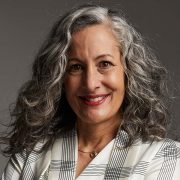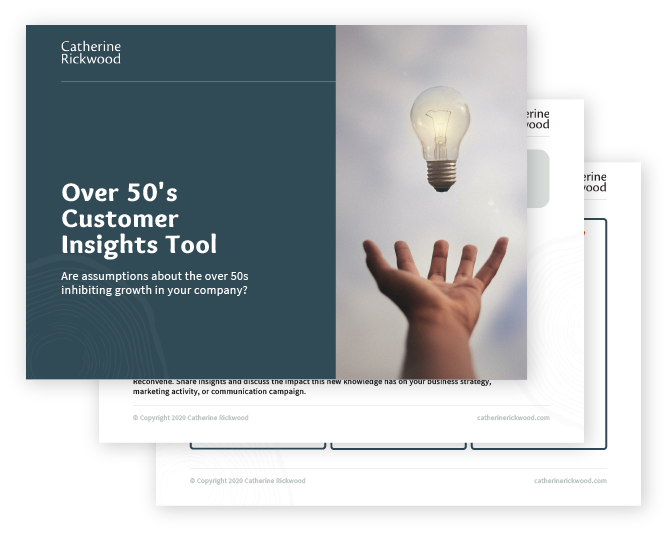I’ve recently finished Ashton Applewhite’s book: ‘This Chair Rocks: A Manifesto Against Ageism’. Applewhite is a skilled writer, thorough researcher, and great commentator on becoming older. One of my favourite takeaways was the idea that we are ALL old people in training. Why’s this idea important?
Because it implies that being old applies to you, me, him, her, and them. It is not ‘those’ old people. It’s us!
From the moment we’re born we are old people in training. And if we think like that, then we can drop all the baggage associated with being old, and the excuses associated with being ‘too old’.
This doesn’t mean that we don’t do things slightly differently as we become older. We adjust our lifestyle according to our capability. I don’t party as I did when I was in my 20’s and I enjoy the way in which I socialise now. I’m more risk averse (sensible my children would probably say) than when I was in my teens. Thank goodness! I now wear glasses to read and am constantly frustrated by the minuscule writing on packaging when I want to read the ingredients or instructions.
Being an old person in training means I believe that I can still be actively engaged with the world. That includes work (paid and/or voluntary), leisure, friends, family, hobbies, physical exercise, and community involvement. What I’m not doing is looking down a path towards incontinence, mouth agape, dribbling, and dementia.
Many years ago I learnt to ride a motorbike. It was a disaster. The training course was a very large asphalt area surrounded by trees. We had clear instructions on what to do and where to ride. As I was navigating the course I was looking at the trees thinking, “I mustn’t run into the trees. I mustn’t run into the trees. I mustn’t run into the trees.” Of course, I ran into the trees. Fortunately, no harm was done to me or the motorbike. However my husband, a skilled motorbike rider, gave me this sound advice afterwards:
“Look where you’re going or you’ll go where you’re looking.”
It’s a piece of wisdom that applies to life. To becoming older.
I believe that if we look towards all the negative stereotypes that exist about being an older person, we’ll become those stereotypes. If we look towards a different view of becoming older – energetic, fun, enthusiastic, engaged, smart, and interesting people, that’s what we’ll become. When stereotypes abound it can be difficult. Challenge them. Try on a new coat. Not the brittle, frail, dank, old, tattered coat with loose buttons that’s been largely taken for granted and not well maintained. The coat that’s rich, textured, bright, worn well, well-made, well cared for, stylish, and with an obvious story to tell. The coat that’s irresistible that everyone wants, or wants to be with the person who’s wearing it because they enjoy being with that coat. With that person.
Finally, some inspiration from Flossie Lewis.



